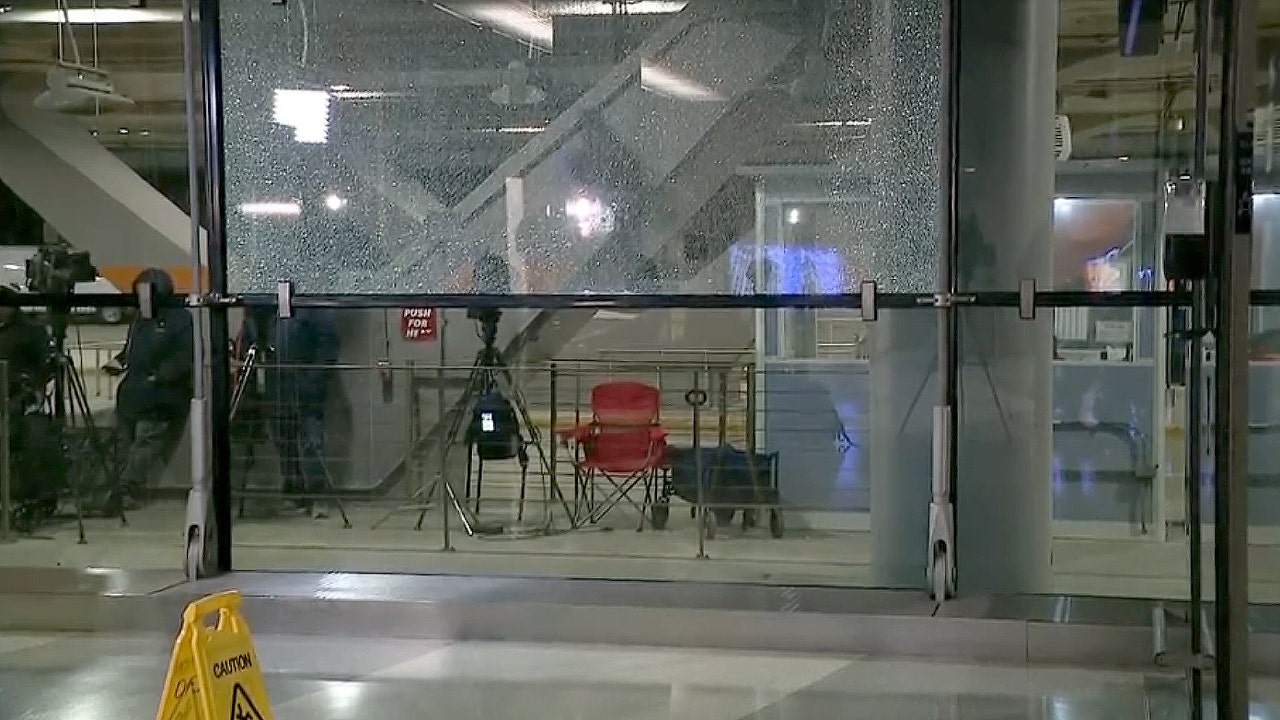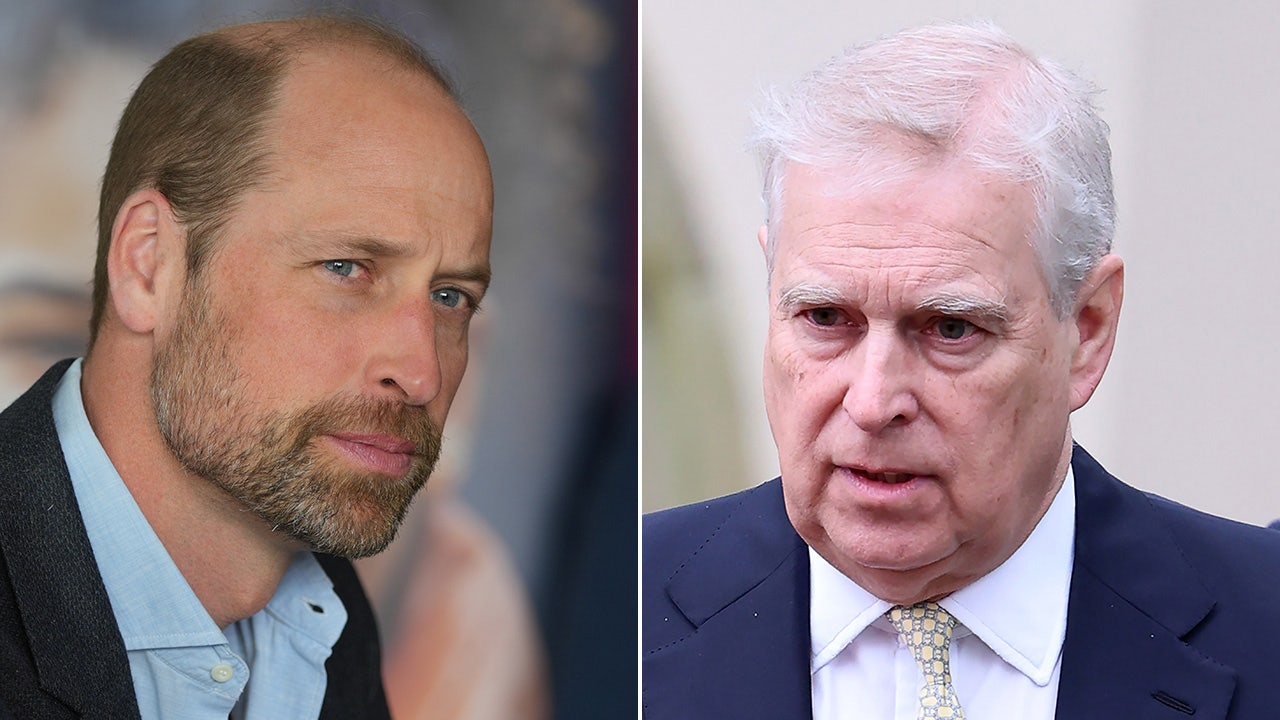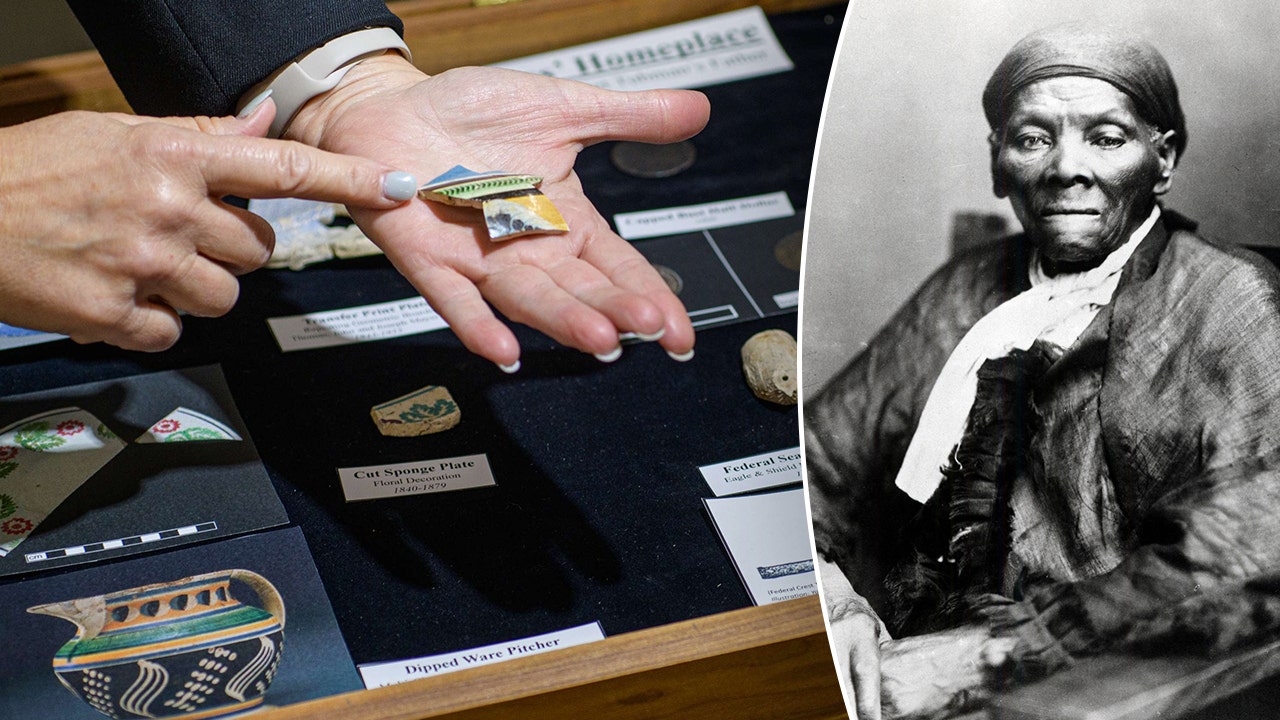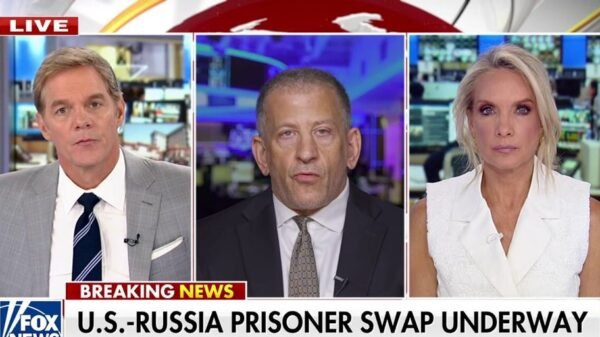The Reality of Energy Workers: A Perspective on Fracking Policies
In the ongoing discussion surrounding America’s energy policies, voices like that of pipeline worker Bugsy Allen offer a revealing look into the lives of those directly affected, especially as fracking policies evolve under leaders such as Vice President Kamala Harris. These policies not only shape national energy strategies but significantly impact the lives of laborers who depend on the fossil fuel industry for their livelihoods. The juxtaposition of political rhetoric and ground-level reality paints a complex picture.
The Personal Impact of Policy
Picture a cold morning in Pennsylvania. Bugsy Allen, adorned in work boots and a rugged jacket, prepares to join his fellow workers in the field. For these individuals, the stakes of energy policies are personal. Each decision made in Washington echoes through their jobs, families, and communities. Harris’ stance on fracking—a topic that elicits passion and concern across the political spectrum—exemplifies how policies can lift or crush hope.
Fracking provides not just jobs but stability for families. Allen points out that the current push towards greener technologies, while noble, can feel like a threat to those firmly rooted in the energy sector. For them, the transition isn’t merely an environmental concern but a matter of economic survival. Workers are not against progress; they want to be included in the conversation.
Political Promises: Reality vs. Rhetoric
Politicians often speak of clean energy and reduce reliance on fossil fuels with enthusiasm. However, Bugsy’s worldview questions whether these lofty goals can truly integrate the experiences of traditional energy workers. When Harris speaks expansively about renewable energy, workers hear echoes of their job security fading.
It is easy to promote agendas from a distance, but the reality is stark. Allen discusses the need for a balanced approach—one that doesn’t overshadow the crucial contributions of those in fossil fuel sectors. Instead of abandoning these workers, there needs to be dialogue about their future and roles in the changing landscape. Finding middle ground could lead to solutions that benefit all parties involved.
The Heart of Energy Independence
Energy independence resonates deeply with many Americans. Bugsy’s experiences highlight how fracking has played a monumental role in achieving this independence. The technology has allowed the country to tap into its vast reserves, decreasing reliance on foreign energy sources and creating economic opportunities at home.
However, as pipelines snake across landscapes and oil rigs rise above small-town horizons, the broader environmental ramifications come to the forefront. Conversations about water safety, air quality, and land use become entwined with economic discussions, as families like Allen’s grapple with a future that seems uncertain. They may champion clean air, yet worry that their livelihoods are at stake.
A Call for Understanding
In this delicate dance between policy-making and real-life implications, understanding grows paramount. Bugsy advocates for empathy from leaders; recognition of the struggles faced by those in energy sectors is critical. It’s about finding voices from the coal mines and pipelines, those that bridge the divide between aspiration and reality.
Skepticism often clouds the dialogue between environmental advocates and energy workers. Allen reflects humorously on how environmentalists rarely come down from their lofty towers to talk with workers directly. A cooperative approach that fosters discussions could lead to innovative solutions that serve both the environment and the workforce.
Moving Forward Together
The future of energy policy stands at a crossroads, shaped by the aspirations of a greener tomorrow and the realities of workers like Bugsy Allen. The question becomes, how do we move forward? Collaboration, openness, and shared understanding could pave the way for effective solutions.
Rather than approaching the energy sector as an either-or proposition, leaders have an opportunity to listen to stories of resilience and hope. These narratives deserve a seat at the table, not only for their potential to inform policies but to heal the fractures between industry and aspiration. As America looks towards a cleaner, brighter energy horizon, let the experience of those in the trenches guide meaningful change that benefits all.












































